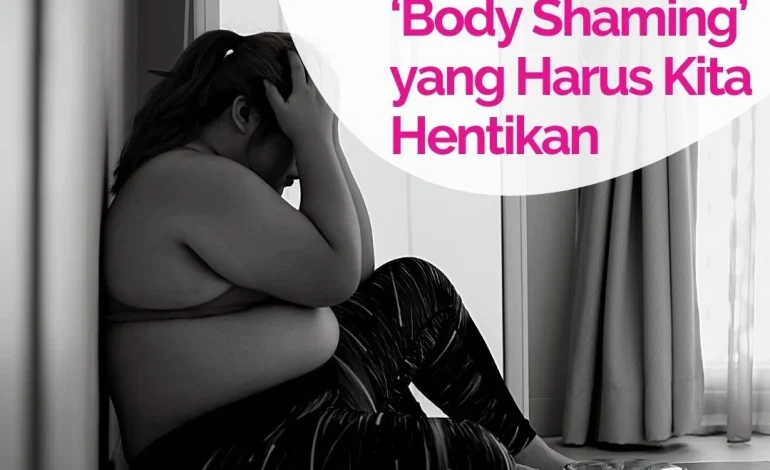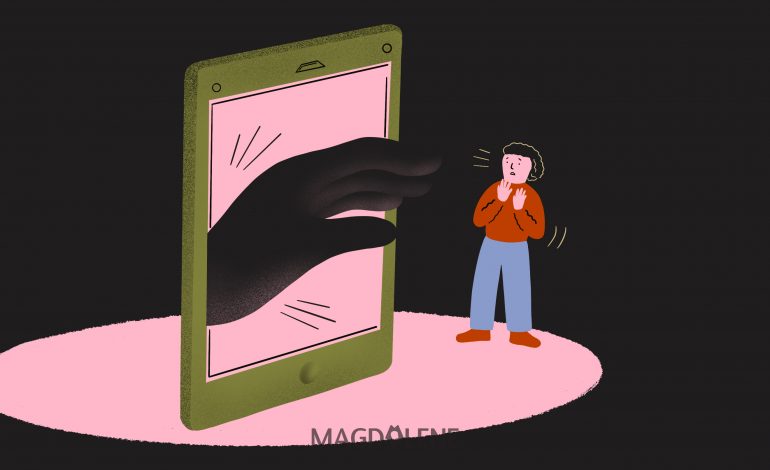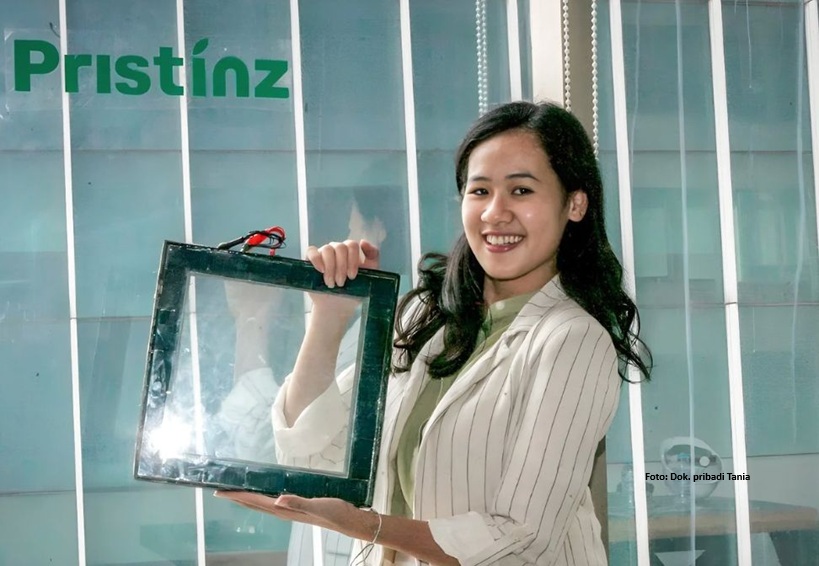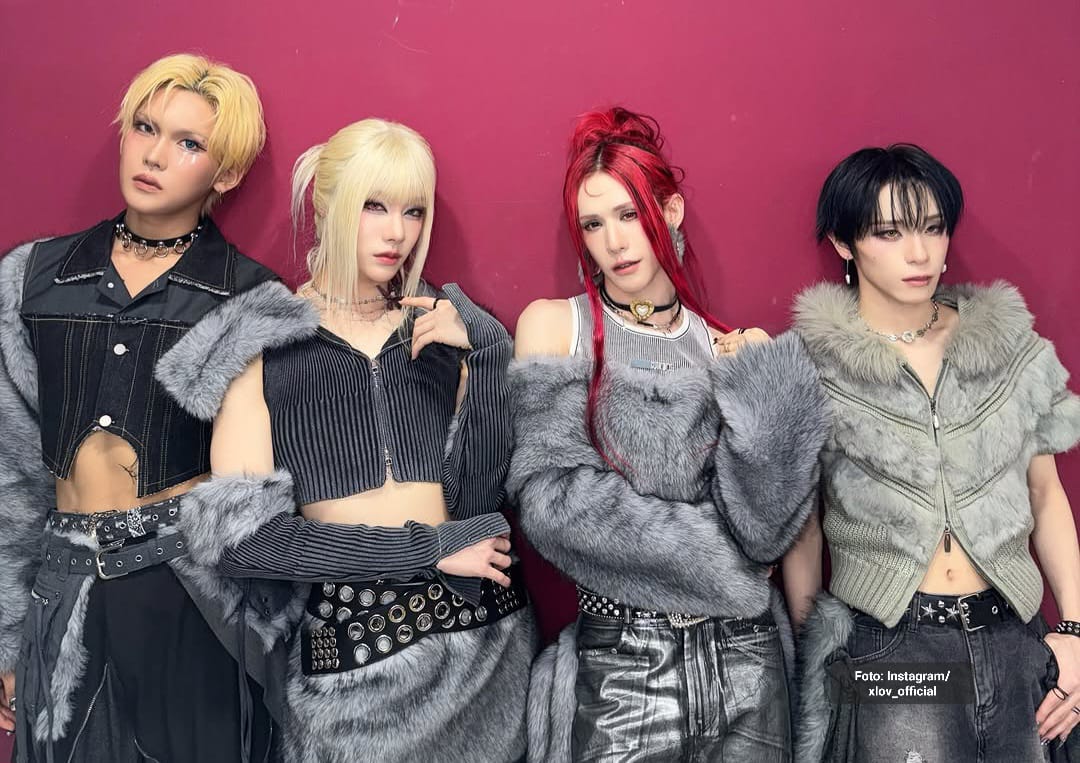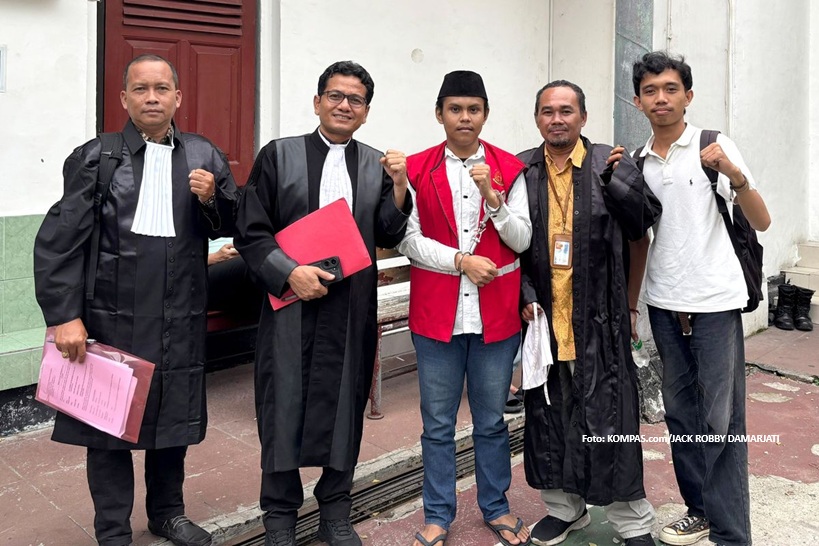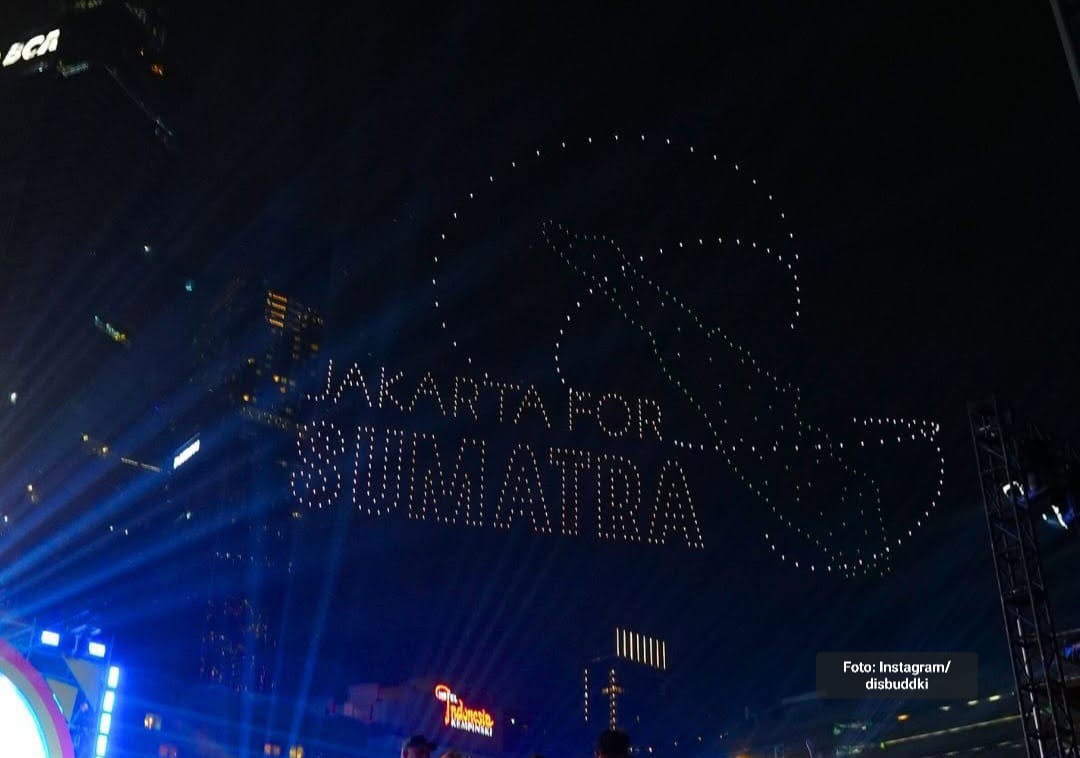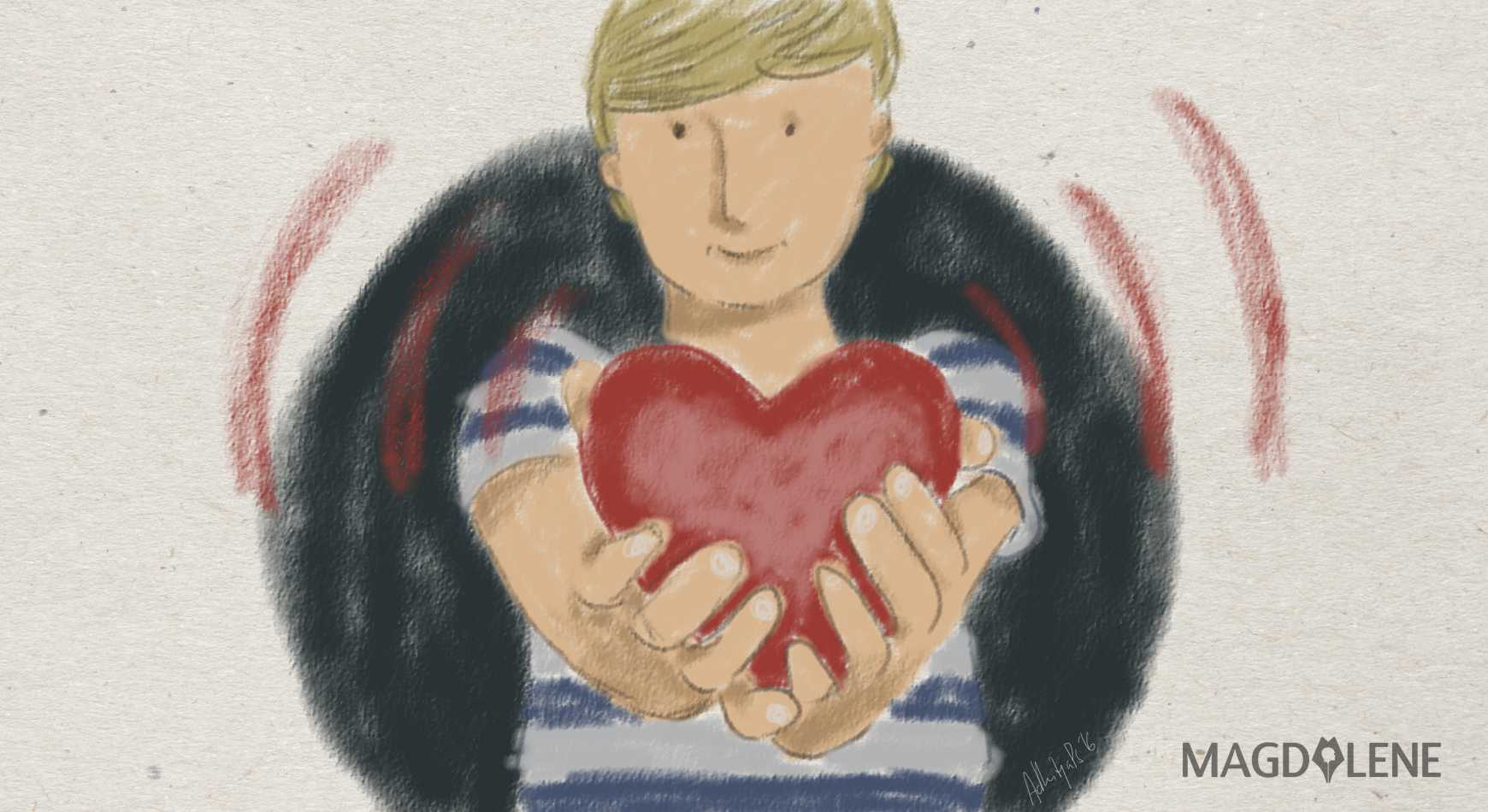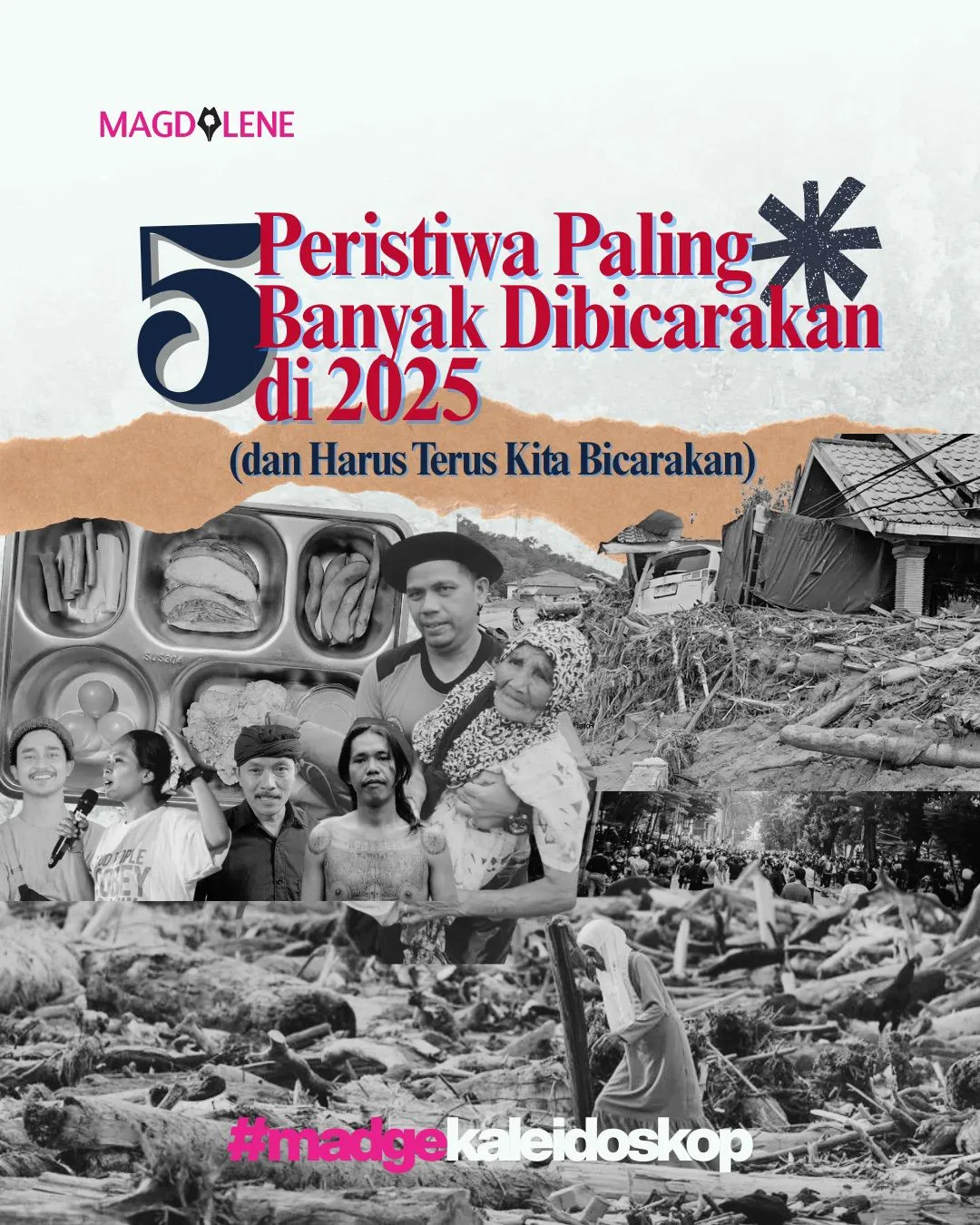Telling an Inconvenient Truth at the Water Cooler
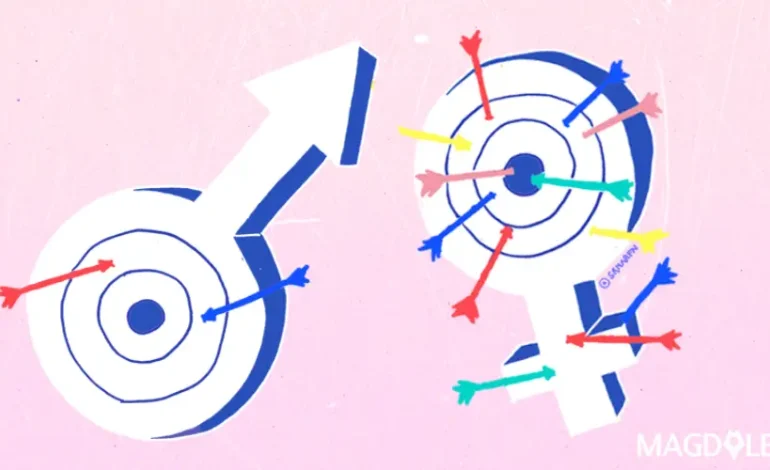
People at my workplace have a strange obsession with water coolers.
They would gather their friends, prepare their empty water bottles and seek out the most pristine dispenser around. After years of surveying, they reached a consensus: the water cooler right behind my desk topped the rest.
The unique placement of my station became an unusual way to get to know my co-workers. Staff from various departments would gather behind me for a refill. While I was not a part of the in-crowd, I’d accidentally find myself privy to the most intimate conversations.
One was particularly memorable.
On a November evening, I stayed behind at work. A few male co-workers were crowding around the water cooler. At the time, a female public figure became a constant headline fixture for her alleged participation in a leaked sex tape. Crude comments were made: what they’d do if they were the ones having sex with her, how they had masturbated imagining that scenario, every single derogatory remark imaginable about her body, and so on.
I decided to join in. “You do know she’s an actual person, right?”
“Woah, Agatha, calm down,” John* replied.
“Yeah, what’s the big deal?” Smith* followed suit.
“Yeah, chill out, bro. Let’s be cool about it,” Ben* shrugged.
I stared at them. Should I just “be cool about it”? Nah!
“Didn’t this video come out of nowhere? Whoever’s in it definitely didn’t give consent for it to be spread around. God, didn’t ‘Me Too’ teach anything to you guys?” I replied.
The room fell silent.
Smith finally spoke up. “Uh, what’s ‘Me Too’?”
Record scratch. What the hell?
Their jobs required them to keep up with the news every day, but they somehow skipped every single news item about #MeToo – though, in hindsight, I shouldn’t have been so shocked.
According to a researcher at Paramadina University, Dyah Ayu Kartika, a number of factors may have led to #MeToo being overlooked in Indonesian society. In an article written for The Conversation, Dyah listed three factors: a patriarchal culture, conservative religious values and gender-insensitive law practices. All of them culminated in the erasure of #MeToo in mainstream Indonesian media.
Okay, I thought, maybe they just needed to know about #MeToo. Then, maybe they could see how they’re contributing to the culture that necessitated such movement. Right?
With that in my mind, I attempted to explain what I knew about #MeToo: from its mission (“to spread awareness of the pervasiveness of sexual abuse and harassment”) to significant cases (e.g. Harvey Weinstein). I also threw in a local example: a former BPJS Ketenagakerjaan secretary, who accused her then boss, Syafri Adnan Baharuddin, of raping her multiple times.
“See, the ‘Me Too’ movement has encouraged victims like her to come forward. Anyway, so about earlier….”
They erupted into roaring laughter.
“FOUR times? Dude, no, that’s NOT rape!” Ben blurted out.
“Bro, she wanted him. She’s in it for some quick money.” Smith added smugly.
John quietly googled the case I mentioned. “Well, the President already fired him. Isn’t that enough?” The other two nodded in agreement.
“No!” I replied. “If she wanted justice, then she should get it. And, just because it happened over and over again, it doesn’t mean she wanted it any of those times.”
“If she didn’t like it so much, then why didn’t she quit after the first time?” Ben retaliated.
“I don’t know.” My patience was at its peak. “Maybe it’s because she needed to earn a living.”
I’ve been reviewing that conversation in my mind ever since. Why did I allow it to derail? Should I have been more aggressive about it? Wait. Isn’t it kind of screwed up if I had to argue why women should be treated like human beings?
Jon, Smith and Ben were three perfectly grown men, with an adequate ability to process information. They just didn’t want to acknowledge what they did. The three of them took the easiest way out to avoid accountability for their action: a seamless combination of feigning emotional incompetence, gaslighting and infantilizing the issue at hand.
Taking accountability would mean acknowledging that they were wrong. That they would have to apologize, at least. But, what would they apologize for? For having a conversation in front of the wrong new hire? Or for watering the soils of a culture that encouraged these atrocious violations?
The words ‘I’m sorry’ would also open the memory floodgates of a lifetime of offensive speech at best. One could only imagine the worst-case scenario. Where does it end? How do you live with yourself then?
The inconvenient truth sounds like a broken record at this point: the pervasiveness of sexual violence is a heinous reflection of our society. So much so that our knee-jerk reaction is to ignore the existence of that cursed mirror. Just look at our lawmakers, who decided to defer the passing of the Bill on the Elimination of Sexual Violence (RUU PKS) to 2021. Out of sight, out of mind, right?
It was clear that I wasn’t getting through to them that night. So, I packed up my belongings and made my way outside, passing by the water cooler. An oasis for most; a hotbed of toxicity for me.
Smith motioned for me to come over. With a hushed tone, he asked, “What if…you’ve been trying to, uh, get a girl to sleep with you for the longest time and… she finally gave up and said yes? That was okay, right? I mean, she said yes at the end, so that’s got to be fine. Right?”
I sighed and looked at him in the eyes.
“Which answer will allow you to sleep tonight?”
Note: The secretary, RA, has since recanted her statement and the case ended amicably with both parties apologizing to each other . Baharuddin later conceded they did commence on a ‘special’ relationship while she was under his employment.
*Names have been changed, where possible.

